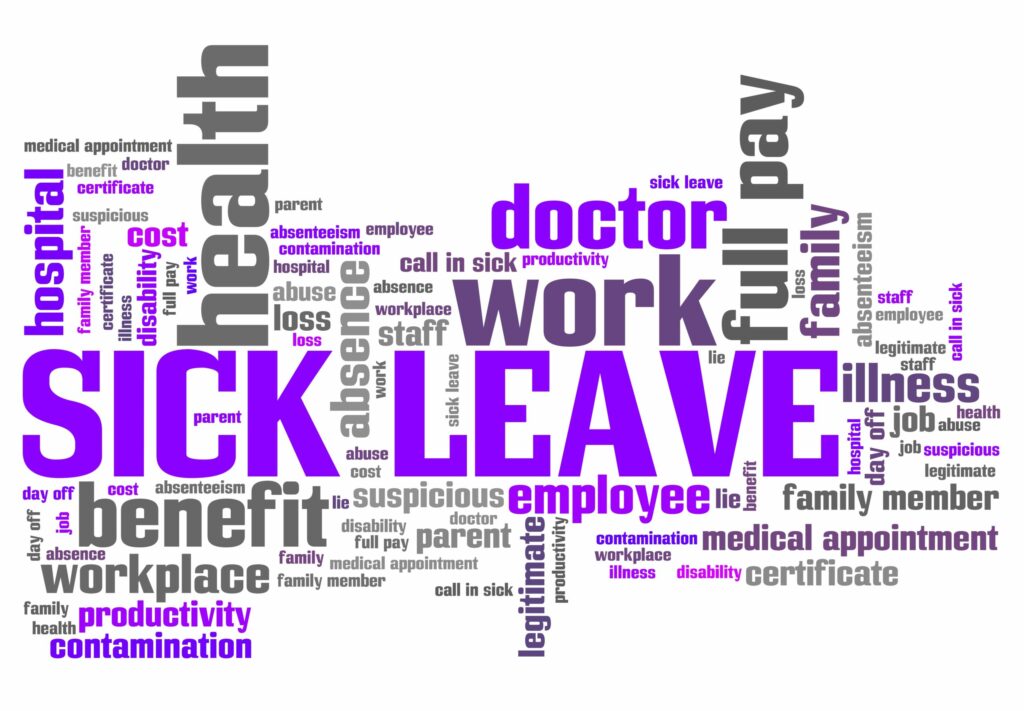A new think tank report suggests statutory sick pay should increase from 28 weeks to 52 weeks.
In a bid to cut the sickness benefit bill from £23 billion, the report also recommends employees be allowed to take ‘wellbeing days’ off work, at very short notice.
Tackling the sickness bill
The report, by the Institute for Public Policy Research, responds to growing concerns about the UK’s huge sickness benefit bill. With an increase of £2.4billion expected by 2020, the think tank argues that the situation needs quick and drastic action.
But Tory MP Steve Baker, a champion of small business, was very critical of the report. He argued that to recommend short notice ‘chill out’ days, the report writers must have no experience of running a business.
The IPPR believe these would ‘prevent the accumulation of stress and fatigue.’ And there have been some who welcome the IPPR’s recommendations. Dr Clare Gerada, former chair of the Royal College of GPs, said that the responsibility has been on doctors to support employees with mental health issues for too long. She suggested that employers need to take a more active role in promoting the wellbeing of their workforce.
Current system has failed
Employers already foot an annual sick pay bill of £9 billion. Furthermore, government spending on support allowance currently stands at an additional £14.5 billion. The IPPR argues that statutory sick pay should increase to 52 weeks. Ten years ago, one in three people claiming sickness benefit were also receiving support for a mental health condition. That figure has now risen to one in two. The IPPR says the current sick pay system has failed to keep up with changes and is no longer fit for purpose.
The think tank recommends more open communication around the issue of mental health. The suggestion of ‘fit pay’ would enable employees to temporarily reduce their working hours, with the emphasis on supporting people to stay in work.



